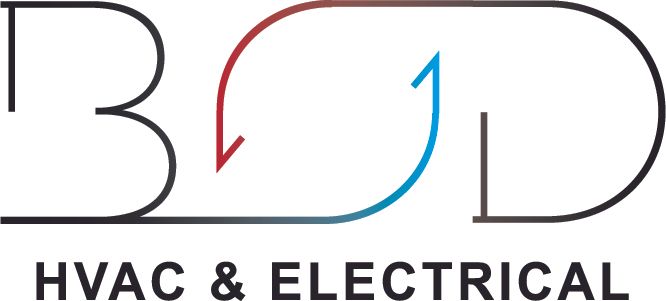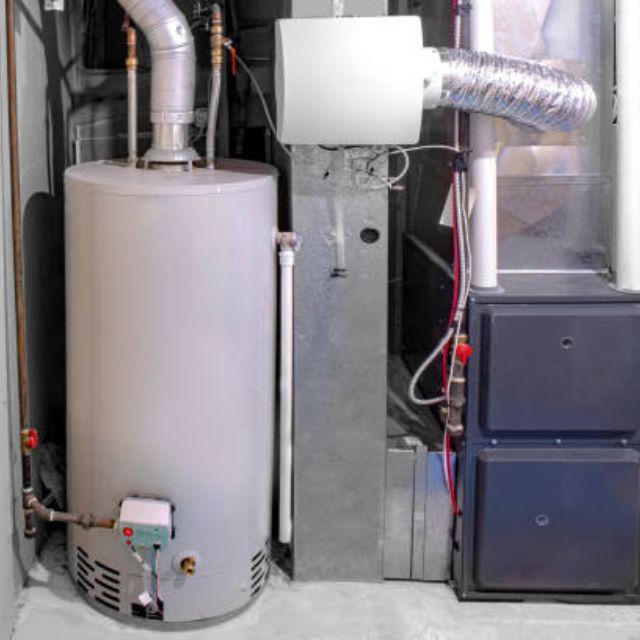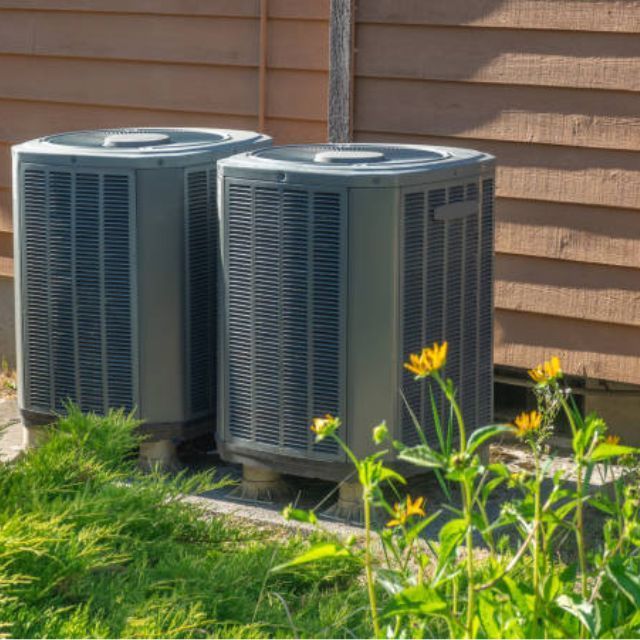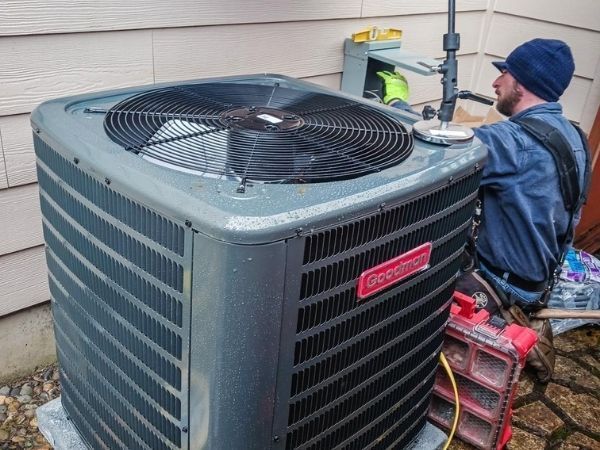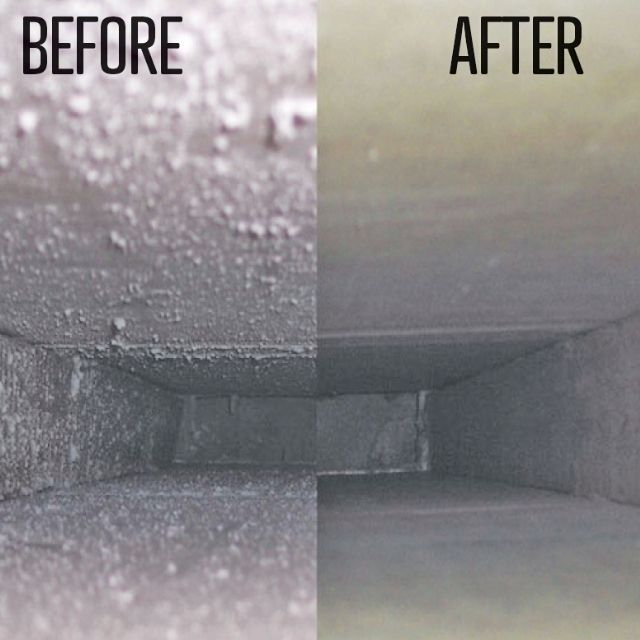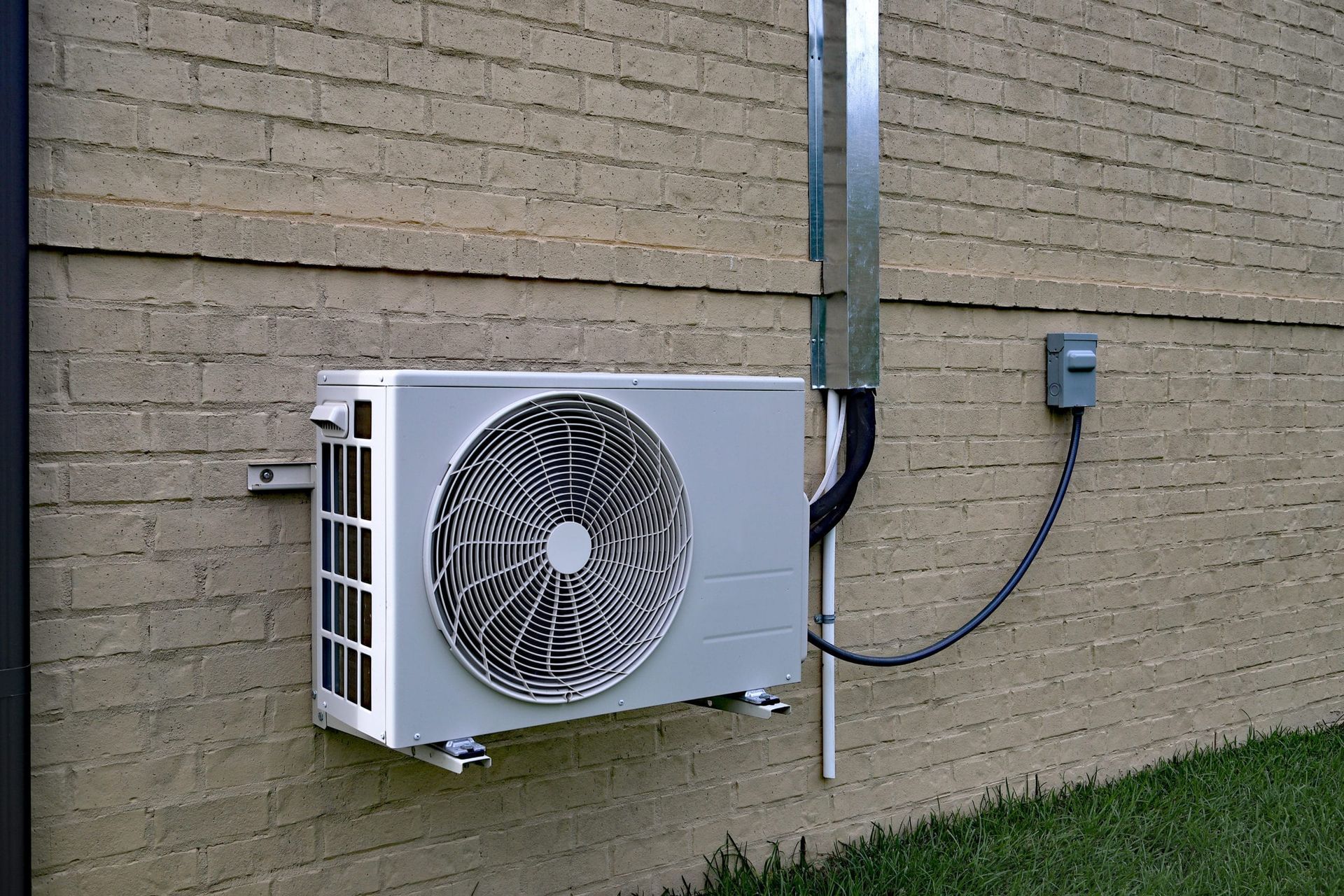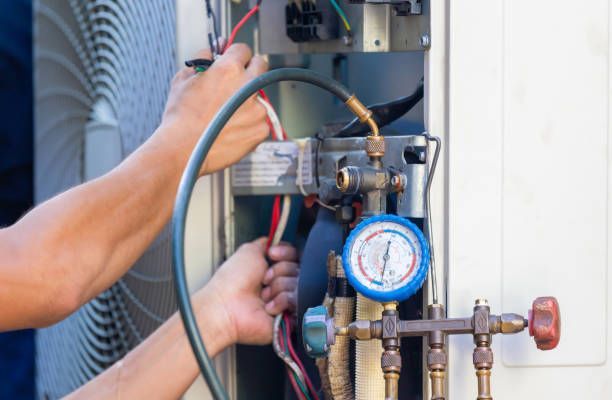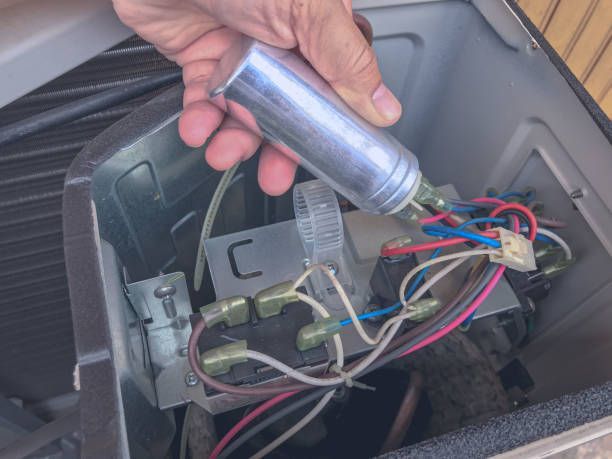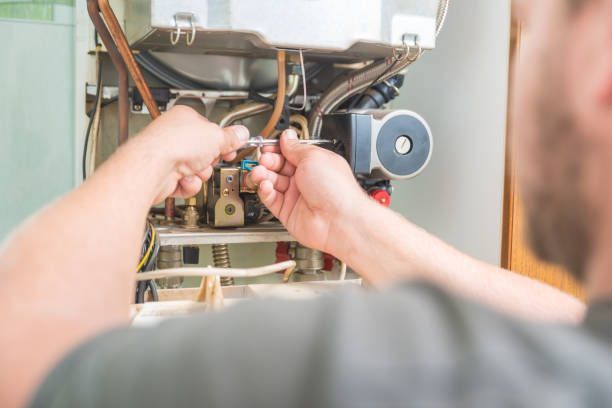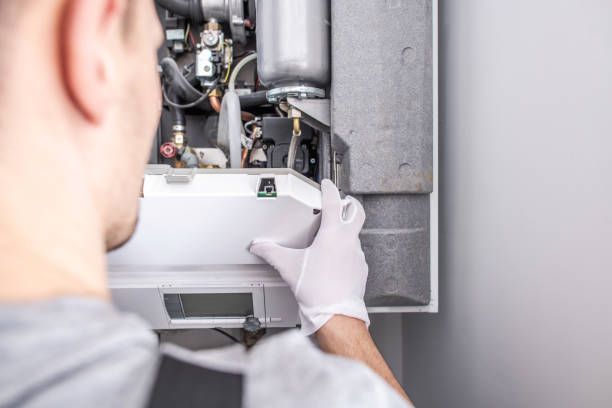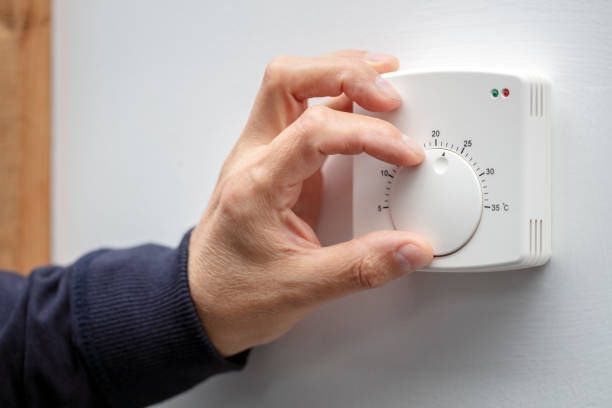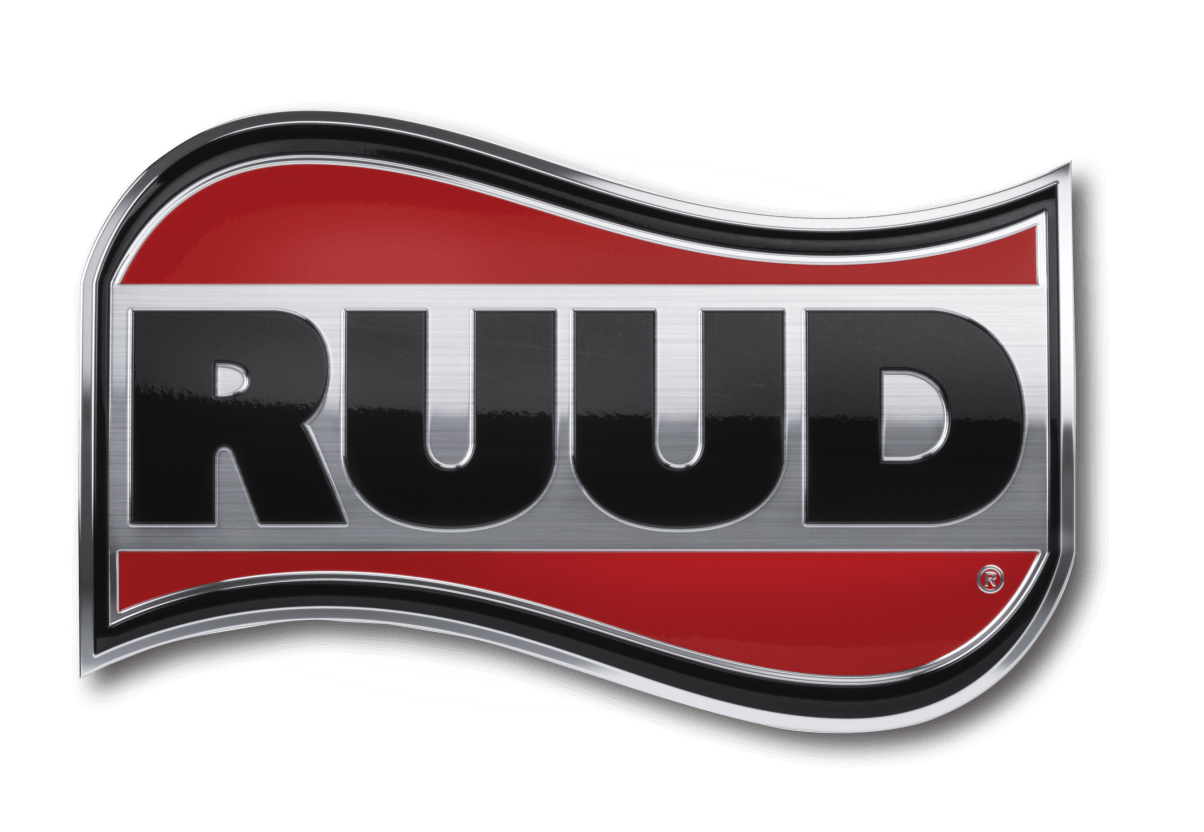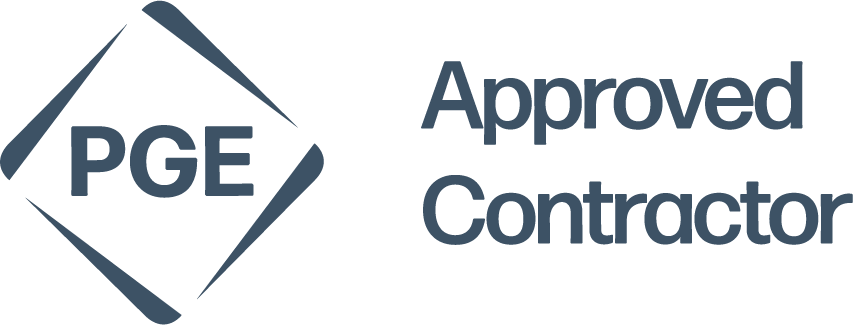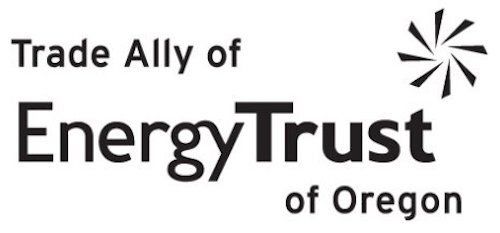How to Troubleshoot Your AC Like a Pro
Air conditioning (AC) systems are modern marvels that have revolutionized the way we experience comfort, particularly during those scorching summer months when the heat can be unbearable. However, these systems, like all mechanical and electrical devices, are prone to faults and failures.
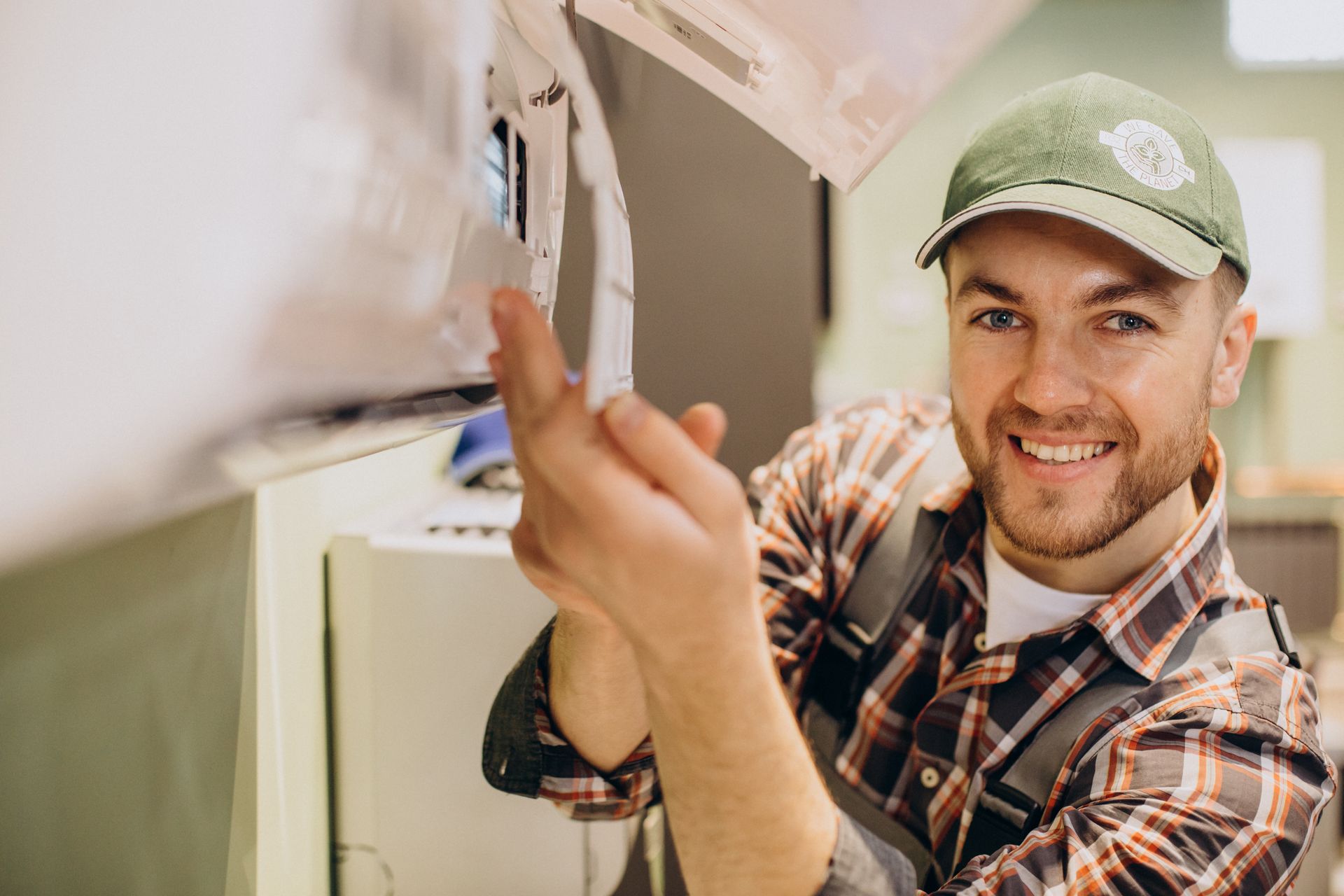
These issues can range from minor glitches that require simple fixes to more complex problems that demand the attention of a skilled technician. This comprehensive guide aims to impart essential knowledge about common AC problems and equip you with the skills to troubleshoot these issues like a professional. It's all about timely problem identification, prompt resolution, and restoring your comfort as quickly as possible, while potentially saving on expensive service calls.
The Significance of AC Troubleshooting
The ability to troubleshoot your AC system is an invaluable skill, particularly when considering the potential cost and time savings. However, it's equally important to know your limits. Some issues are inherently complex and necessitate the expertise of a professional. Recognizing when to seek professional help is crucial in avoiding further damage to the system or even dangerous situations, especially when electrical components are involved.
Identifying Signs of AC Problems
Before you can troubleshoot your AC system, you need to recognize the signs that indicate a problem. These signs act as the system's way of communicating that something is amiss. Here are some common indicators that your AC system may be experiencing difficulties:
- The system is operational, but the air emitted isn't cool. This could be a sign of low refrigerant levels or a faulty compressor.
- You hear unusual noises emanating from the AC unit, like grinding, squealing, or hissing. These sounds could indicate various issues, from loose parts to refrigerant leaks.
- The AC system frequently cycles on and off, which could be a symptom of an oversized system or a malfunctioning thermostat.
- You notice leaks around or from the AC unit, which could be due to a clogged condensate drain line or refrigerant leak.
A Comprehensive Guide to AC Troubleshooting
If your AC isn't operating as expected, there's no need to panic. Follow this step-by-step troubleshooting guide to identify and possibly resolve the issue:
- Check the thermostat: The thermostat is the control center of your AC system. Ensure it's set to "cool" and the temperature set point is lower than the current room temperature. If you have a programmable thermostat, verify that the settings correspond to your current needs. Misconfigured thermostats are a common cause of AC problems.
- Inspect the air filter: The air filter plays a crucial role in maintaining the air quality in your home and ensuring the efficient operation of the AC system. A clogged or dirty filter can impede airflow, forcing your AC to work harder than necessary, leading to potential freeze-ups and reduced cooling capacity. Make it a habit to inspect your air filter regularly and replace it if it appears dirty or clogged.
- Examine the circuit breaker: Your AC system won't function if it's not receiving power. If your AC isn't turning on, check your home's electrical panel. A tripped circuit breaker could be the culprit. If this is the case, reset the breaker. If it trips again, it's best to call a professional, as this could indicate a more serious electrical issue.
- Check the outdoor unit: The outdoor unit, also known as the condenser, plays a vital role in the cooling process. Ensure there's
no debris, such as leaves or grass clippings, obstructing the unit, as this can hinder its performance. Also, examine the fan on top of the unit to ensure it's functioning properly. If the unit appears to be excessively dirty, gently clean it with a garden hose, being careful not to bend the delicate metal fins. - Look at the air vents: Your AC system relies on a network of vents to distribute cool air throughout your home. Ensure all vents in your home are open and unblocked to allow proper airflow. Blocked vents can create pressure imbalances that affect your AC's performance and can even lead to system breakdowns.
- Monitor AC performance: After performing these troubleshooting steps, it's important to observe your AC's performance. Does it cool your home as effectively as before? Are there any unusual noises? If there's no noticeable improvement or if new issues arise, it may be time to call a professional.
Recognizing When Professional Help is Needed
While basic troubleshooting can resolve many common issues, some problems are beyond the scope of most homeowners and require professional attention. If your AC is still not functioning correctly after your troubleshooting efforts, or if it's manifesting symptoms such as strange noises, refrigerant leaks, or frequent circuit breaker trips, it's time to call a professional. Remember, attempting to fix complex issues on your own could lead to more significant damage or even create safety hazards.
Embracing Preventive AC Maintenance
Prevention is always better than cure, and this rings true for AC maintenance as well. Regular preventive maintenance can help avert many common AC issues. Here are some maintenance tasks you can perform:
- Change the air filter regularly: Depending on your usage, household factors, and the type of filter, you should replace your air filter every 1-3 months.
- Schedule professional maintenance annually: A professional can spot potential issues before they escalate and ensure your system is running at peak efficiency.
- Keep the outdoor unit clean and clear: Regularly check the outdoor unit for debris and gently clean it periodically. A clean outdoor unit operates more efficiently and is less prone to breakdowns.
Mastering the art of troubleshooting your AC system empowers you to resolve minor issues promptly, potentially saving you from discomfort and costly repairs. However, it's essential to remember the importance of regular maintenance and the value of professional help when necessary. After all, a well-maintained AC system, attended to by a knowledgeable owner and professional technicians, is the cornerstone of a cool and comfortable abode.
At Best Owner Direct HVAC, we understand the importance of a well-functioning AC system and how daunting it can be when issues arise. We are dedicated to empowering you with knowledge to troubleshoot minor problems and maintain your AC system efficiently. However, when complex issues arise, our team of highly skilled technicians is just a call away, ready to provide prompt and professional service. Our mission is not just to fix your AC problems, but to partner with you in maintaining a comfortable and healthy living environment. With Best Owner Direct HVAC, you can rest assured that your comfort is in the hands of the best.
Get a Free Quote Today!
Fill out the form below and we'll get back to you as soon as we can!
Contact Us
Contact Us
Best Owner Direct is your local, independent, family-owned and operated, residential and commercial HVAC service, repair and installation team. We're a trade ally of the Energy Trust of Oregon and our certified professionals offer services for all major brands. With over 20 years of experience, our team can handle all of your HVAC needs.
Free estimates available for installations. Contact us today to learn more or to schedule an appointment!
